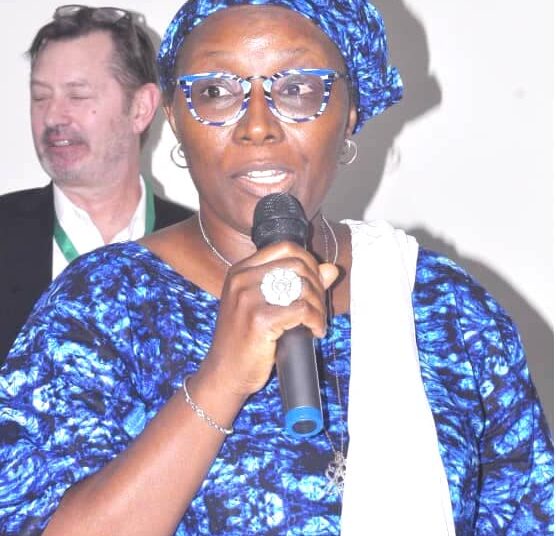A non-profit and non-governmental organisation in Nigeria, A Mother’s Love Initiative (AMLi), has advocated a nationwide regulation of school entry age as the world marks International Day for Education, January 24, 2024.
AMLi is an NGO which advocates equal rights and opportunity for African children in the digital environment and as well kicking against the hurried child syndrome, in collaboration with Civil Society Actions Coalition on Education For All (CSACEFA).
The founder/executive director, AMLi, Barrister Hanatu A. Enwemadu, said: “As the world focuses on the well-being of children through the lense of education with the theme, Learning For Lasting Peace, it is pertinent that Nigeria, Africa as a whole and the world at large focus on what manner of children will create lasting peace.”
She added that, “a mentally stable and balanced child is one who has been allowed to grow and develop at their natural pace.
“The mental health of children has its foundation in the appropriateness of school entry age. Children who are hurried through their learning and growth process eventually suffer from ‘The hurried child syndrome’ and turn out to be psychologically, socially, and emotionally imbalanced.”
According to her, “as the Nigeria government seeks to ensure that every Nigerian child returns to school and acquires basic literary and numeric skills at the age of 10, A Mother’s Love Initiative is advocating that children should only be allowed to enrol into age related classes.
“Appropriateness of maturity, age, and psyche of children in schools must be a concern to all. Non adherence contributes to the learning crisis currently affecting education in Nigeria.”
Continuing, Barrister Enwemadu noted that as economy pressure sways and parents part with their children at an early age, government should ensure that the practice is stopped, and Nigerians are sensitised on the implications of under-aged enrollment which is basically hurrying children in their formative years.
“This practice is CHILD ABUSE and also results in traumatic experiences that have adverse effects and overall impact on the adult the Nigerian Child grows into,” she stressed.
She stated further that the appropriateness of maturity, age, and psychological readiness of children in schools must be a shared concern for all stakeholders.
To her, “Non-adherence contributes to the learning crisis currently affecting education in Nigeria. In addition, we also encourage development partners, donors and iNGOs to extend interventions (Humanitarian and developmental) to other parts of country.”





